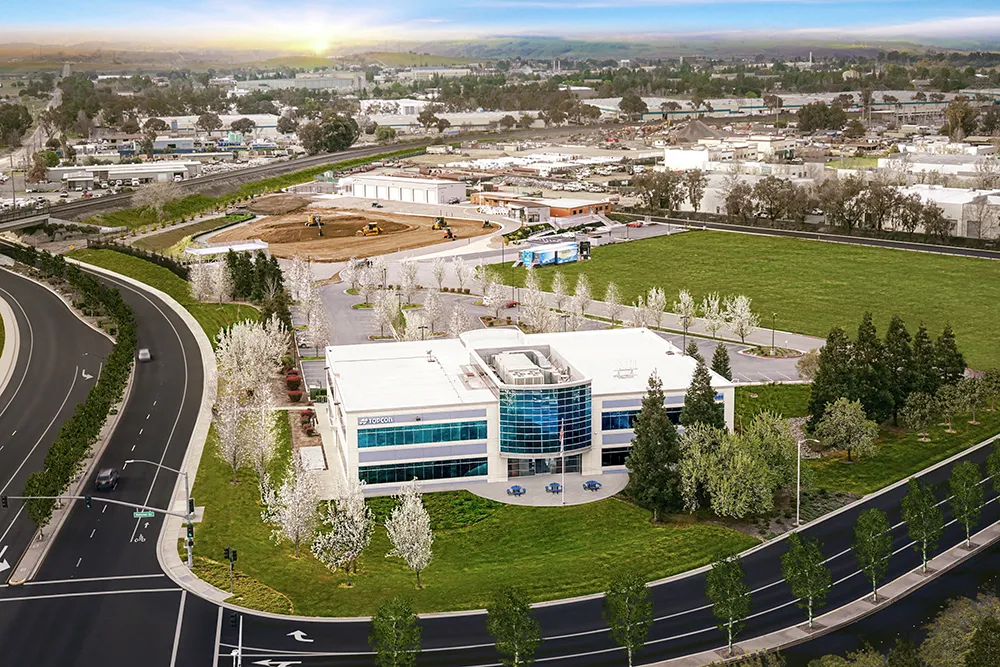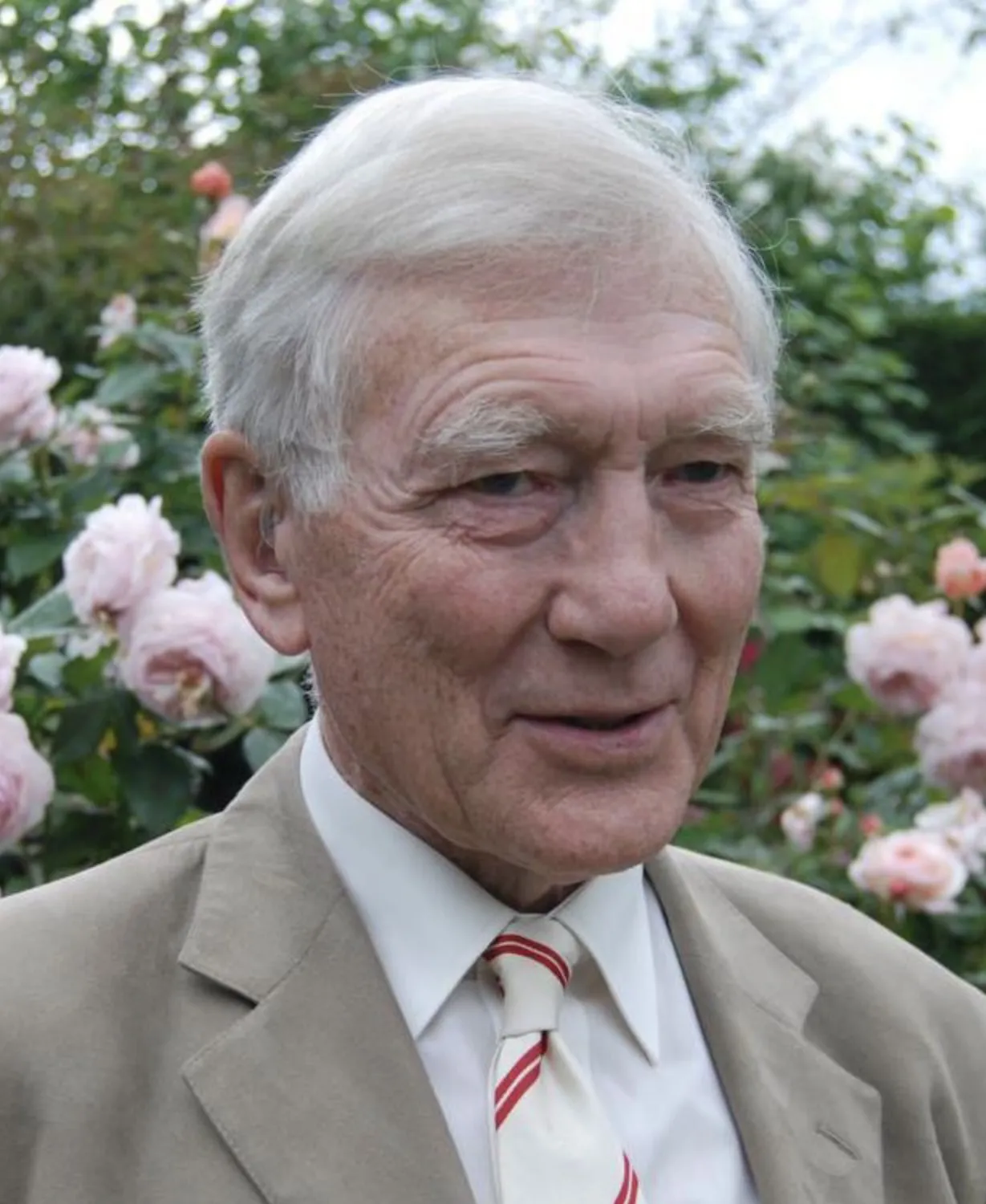London faces a nail-biting race against the clock to fix Hammersmith Flyover in time for the 2012 Olympics. The flyover, which carries 90 vehicles a day on the A4, the road between central London and the West, including Heathrow airport, has been closed since 23 December after serious defects were found in the 50-year-old structure.
March 21, 2012
Read time: 2 mins
London faces a nail-biting race against the clock to fix Hammersmith Flyover in time for the 2012 Olympics. The flyover, which carries 90 vehicles a day on the A4, the road between central London and the West, including Heathrow airport, has been closed since 23 December after serious defects were found in the 50-year-old structure. Significant traffic congestion is already being caused, which was likely to increase this week with the return of schools. The cables which squeeze together the separate pre-cast concrete segments of the bridge, known as pre-stressing cables, were found to have corroded because of water damage and have lost most of their tension. If not dealt with, the problem would lead to the flyover collapsing. Although experts say the corrosion can be temporarily repaired for the Games, which begin on 27 July, the work is going to be complex and lengthy. Speaking to The Independent newspaper, Dr Chris Burgoyne of the Department of Engineering at Cambridge University, who has been drafted in by 2387 Transport for London (TfL) to advise on the problem, said: "Yes. It will definitely take a long time to sort out. You're definitely talking about months." Mayor of London Boris Johnson visited the flyover on 6 January and has been keen to play down the threat to the capital's Olympic transport plans. He said: "I feel the pain of the thousands of motorists who have been affected by this closure. "I can assure everyone affected that the flyover will not remain closed a minute longer than is absolutely necessary."








